Difference Between Hardware Design Of Android And Ios App

Robert Triggs / Android Authority
Here at Android Authority, we can name many reasons why Android beats Apple's mobile operating system any day. Google's alternative offers a more open platform, choice, value, versatility, and customization, to name a few things. But if Android is so much better, what is it that keeps iOS users hooked to iPhones and iPads?
While many argue it's a branding and status thing, we believe reasons go beyond vanity. We are tech lovers before anything else and have to accept there are certain things iOS does better than Android. Let's talk about them.
More: Which iPhone should you buy?
Eight things iOS does better than Android
iOS is generally faster and smoother
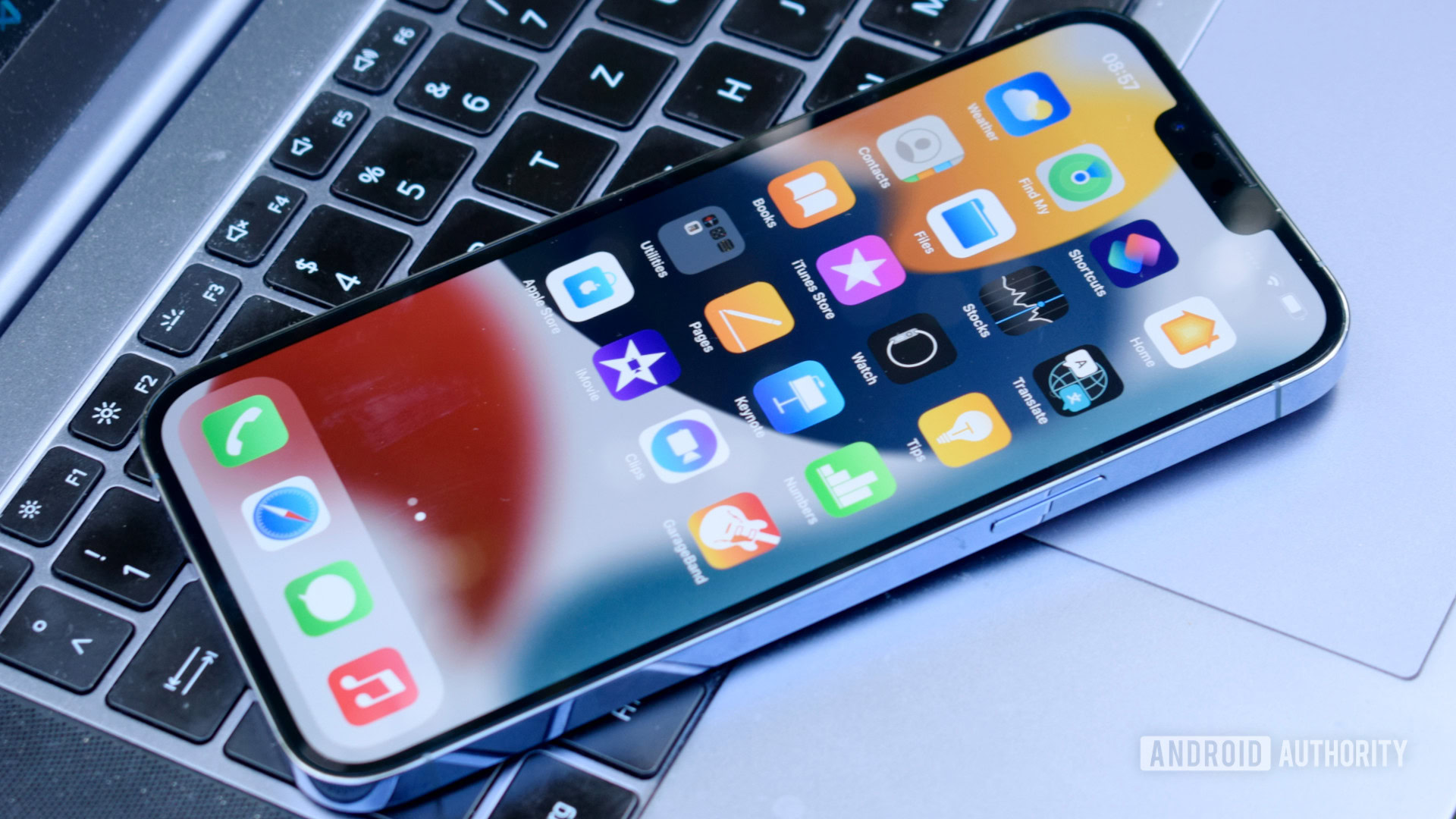
Robert Triggs / Android Authority
Having used both platforms daily for years, I can say I have encountered way fewer hiccups and slow-downs using iOS. Performance is one of the things iOS usually does better than Android. This seems ridiculous considering iPhone internals. The iPhone 13 Pro Max is currently the most powerful Apple smartphone, and it features a six-core CPU with 6GB of RAM. Those specifications would be considered mid-range at best in the current Android market.
Having used both platforms daily for years, I can say I have encountered way fewer hiccups and slow-downs using iOS.Edgar Cervantes
The truth is we tend to get a little lost in the specs and often forget to look at what really matters. Performance doesn't only come from powerful specs. There is more to processing power than cores and speed clocks. In fact, it has been proven Apple processors are better than Qualcomm's. Our very own Gary Sims explains how in his extensive article.
Whether Apple processors are better or not, what matters most is iOS is optimized to work perfectly with the few devices Apple makes. Meanwhile, Android is dropped into a sea of smartphones, tablets, and other products. It's up to OEMs to optimize the software for the hardware, and they sometimes do a poor job at it.
Also read: A complete iPhone 13 buying guide
Apple's closed ecosystem makes for a tighter integration, which is why iPhones don't need super powerful specs to match the high-end Android phones. It's all in the optimization between hardware and software. Since Apple controls production from beginning to end, it can make sure resources are used more efficiently. Furthermore, developers have to follow a stricter process to release apps, not to mention they don't have to optimize their apps for what may seem like an infinity of devices.
Now, this is not to say all iOS devices can outperform all Android devices. Some Android phones are made with beastly internals and stunning performance. Generally, though, iOS devices are faster and smoother than most Android phones at comparable price ranges.
iOS is super simple to use
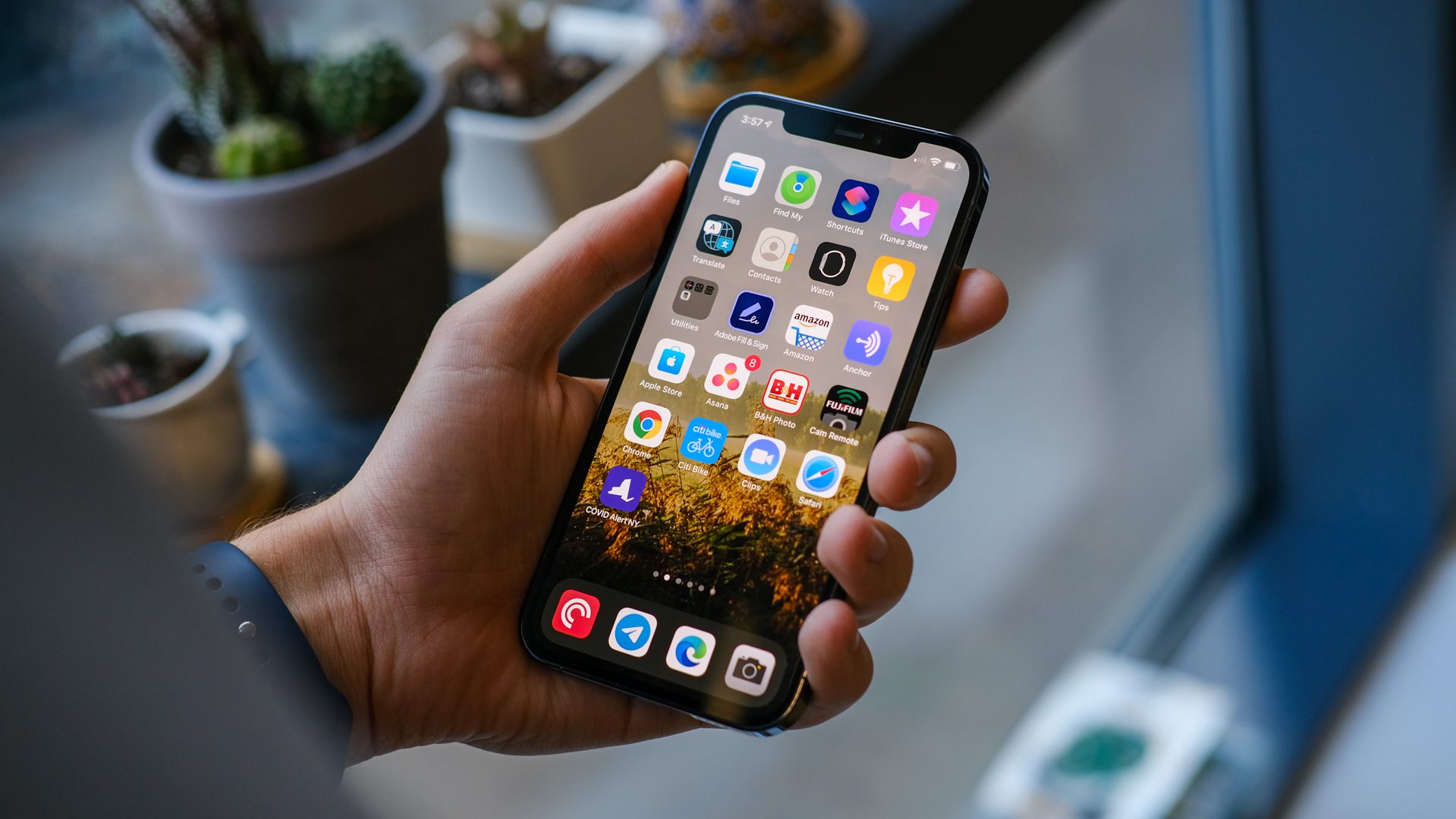
David Imel / Android Authority
Sometimes, what we love about Android makes it a less enticing platform to the general consumer. While Google and its partnered manufacturers have been getting better at making Android more intuitive, the truth is it can still be a bit confusing. Dealing with random icon placements, endless settings, and full customization isn't for everyone. Furthermore, inconsistency between phone makers creates a learning curve, as most Android phones look and feel different from one another.
Apple fans love their operating system's simplicity, and it is arguably one of the things iOS does better than Android. There isn't much to iOS, and that's part of the allure. Many iPhone lovers don't want a phone they can mess around with and customize. They want a device that works well, is easy to use, and can take them to their content with the least amount of effort. This is what the "it just works" expression is all about.
Opinion: Dear Android and Apple fans: In 2020, can we permanently end the hate?
With iOS, you get home pages with rows and columns of icons, which you can organize as you wish, but there's no app drawer to hide things — it's all laid out in front of you. The settings are straightforward, and the experience is always the same, no matter which Apple mobile device you're using.
The user experience for iOS is intuitive enough that there is almost no learning curve. I have seen kids who have never used a smartphone figure out the basics in 10 minutes minutes. Similarly, if you already own an iOS device, you can switch to any other and immediately know exactly how it works.
Timely updates
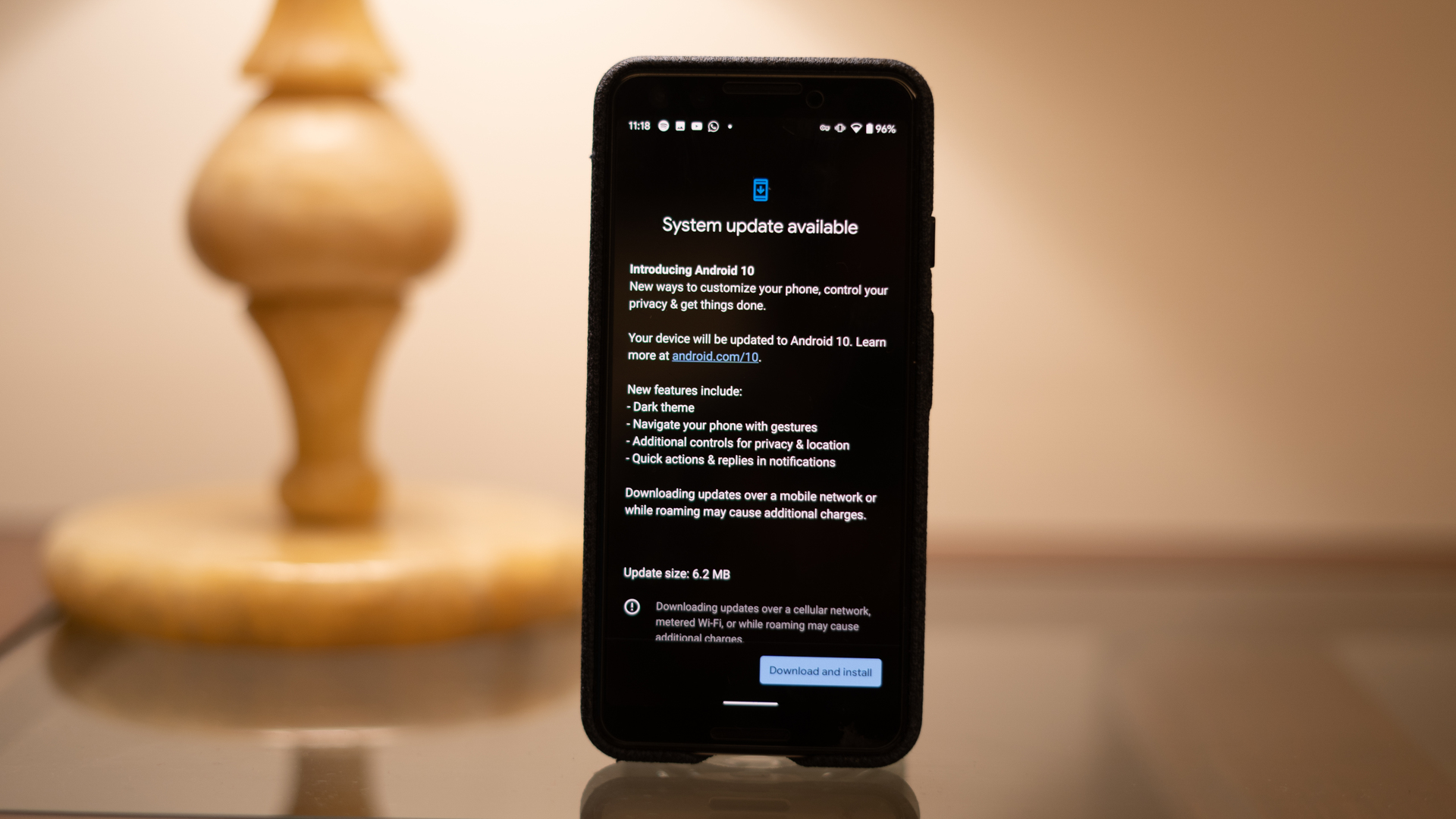
Updating software is one of the things iOS does better than Android. If your iOS device qualifies to get the latest update, it will get it as soon as it launches. This can be bad news for older devices that can't handle more resource-intensive iOS versions very well. That is another topic and something to worry about only if you have a significantly older Apple device, though.
Also read: Which manufacturer updates its smartphones fastest? Android Pie edition
The updating process isn't as seamless with Google's Android. Google only gives direct updates to its own products, like the Pixel 5 or Pixel 5a, and even those have been known to fail at getting updates efficiently sometimes.
Manufacturers like Samsung, Sony, Motorola, and all others have to get the update from Google, work on it, optimize it for your device, and then send it out. In many instances, carriers have to go through them too, which only assures you get updates late, sometimes months down the line… if ever.
The Apple ecosystem

Edgar Cervantes / Android Authority
This one is more of a tie because Google has gotten much better at integrating its services across devices in the past few years. Regardless, Apple products like iPhones, iPads, Apple TVs, Apple Watches, and Mac computers are tightly integrated with iCloud, iMessage, FaceTime, and other in-house services. While Google has its competing services, which work great too, they have a learning curve and don't feel as intuitively connected.
Some of the apps required to access core Google services aren't pre-installed, forcing users to go hunting for them in the Google Play Store. This may not seem like a huge deal to most of us tech-savvy users, but it can be a daunting task to some, or at the very least, an annoyance.
More: The best Apple laptops available
Speaking of app stores, the Apple App Store is significantly better curated and better policed than the Google Play Store. Developers looking to get their apps on the App Store have to go through a long and expensive list of checks and procedures, but the result is a net increase in the overall quality of iOS apps. The Apple App Store is generally cleaner, has fewer ads, and offers cool extra features like interviews, guides, better app lists, etc. It may be a walled garden, but it's a safe, familiar, and easy-to-navigate garden all the same.
Security (for now)
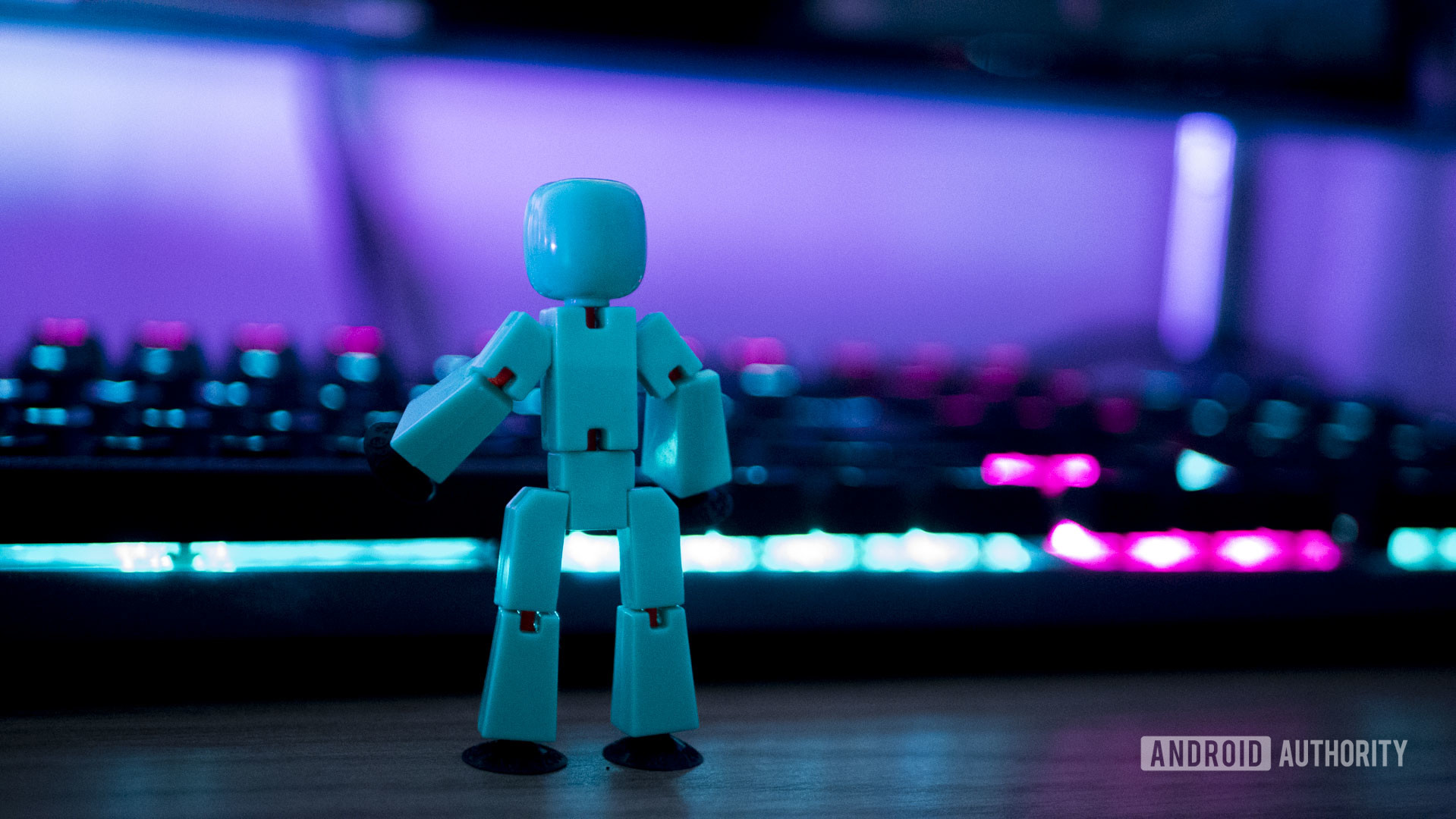
Thanks to Google's security updates becoming more consistent, this topic isn't as one-sided as it once was. Google has continued to secure the Google Play Store and add measures to ensure your phones and information stay safe. These include things like sand-boxing, two-step verification, Google Play Protect, further controlled app permissions, and more. These upgrades, along with more educated users, make for robust Android security that begins to rival iOS.
Also read: How to protect your privacy when using Android
Whether iOS is better than Android in security is now up for debate, but the consensus still gives Apple the upper hand. iOS has more consistent updates for all devices, a closed ecosystem that is harder to penetrate, and a stricter app store. All of these factors combined make it harder for attackers to target iOS users.
Apple CarPlay
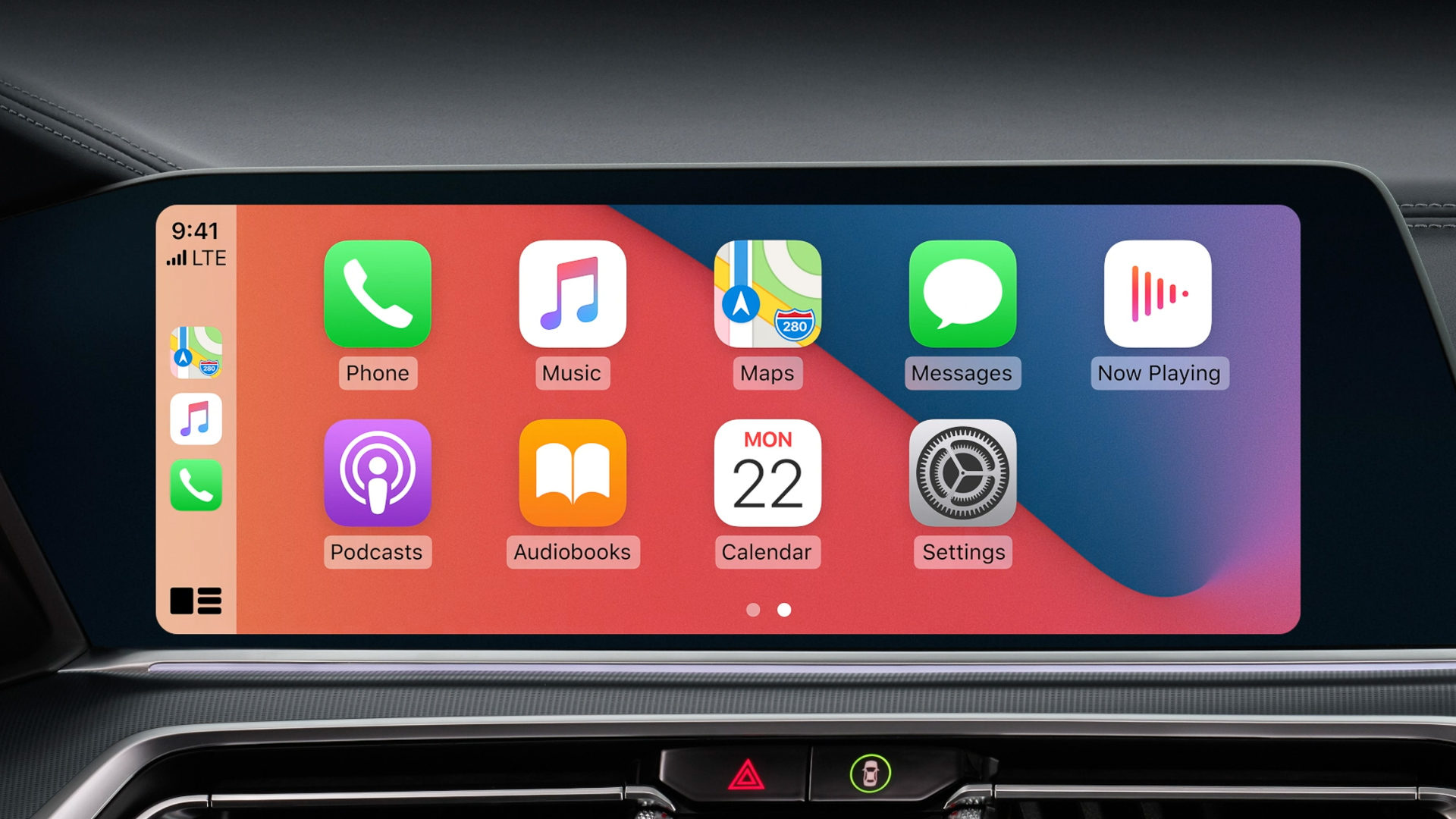
No matter how many times I give Android Auto a chance, I keep going back to Apple CarPlay. Sometimes I carry an iPhone just to use CarPlay!
Apple's alternative has neatly arranged icons. You can move these icons around to prioritize your favorite apps for easy access. Sounds familiar? Yep, it works much like iOS on a phone or tablet! Some things have been moved around, but the experience is much more uniform.
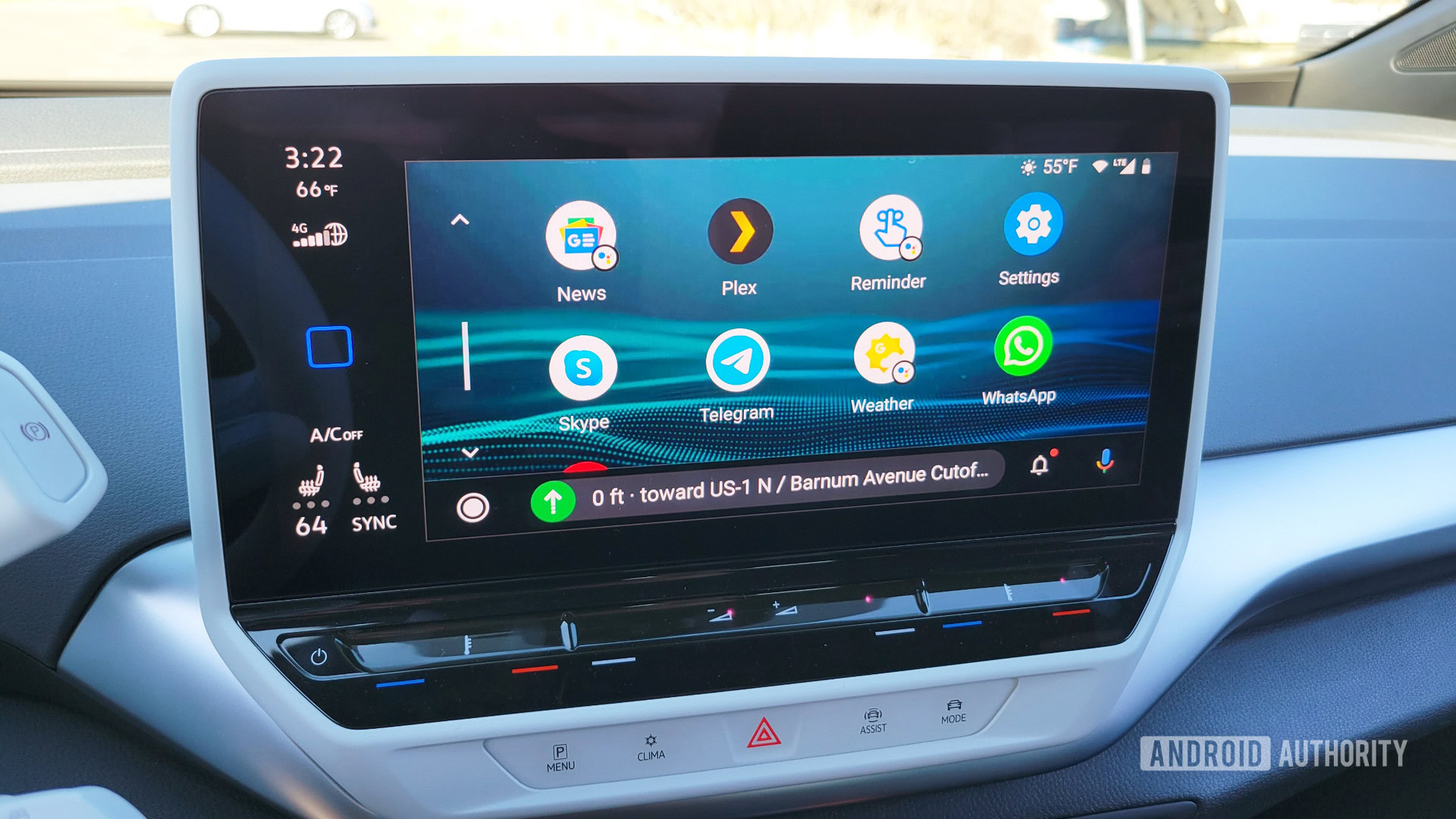
C. Scott Brown / Android Authority
Android Auto has moved away from its totally random interface, which was based on recommendations. Now it's more similar to Apple Carplay, as it has a list of apps you can easily access. It's still a bit more convoluted, though. Not to mention Android Auto's performance just seems to lag behind, despite sometimes using some of the most powerful phones in the market.
Google Assistant does a much better job than Siri, but that feature is not enough to take me away from Apple's in-vehicle solution. Apple CarPlay is better looking, simpler to use, and more functional.
Superior support
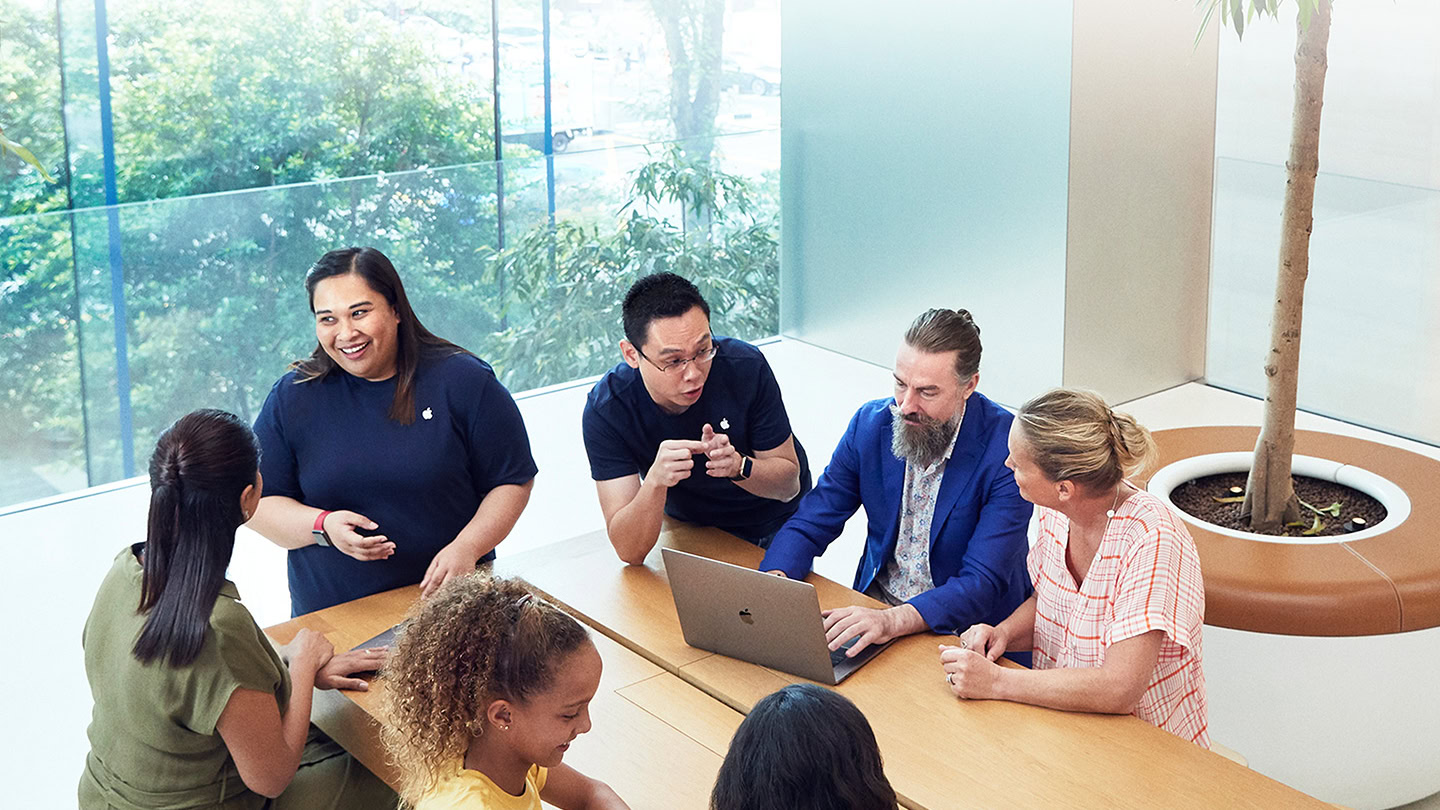
Apple leads the way in tech customer support. AppleCare may be expensive, but claims for iOS devices are an absolute breeze. If you've got a local Apple Store, you can often walk out with a brand new device in less than an hour.
Speaking of Apple Stores, love them or hate them, Apple's retail locations have a signature look that many retailers have tried to copy. The open-plan design draws you in as soon as you walk by. Large numbers of staff are on hand to help you with any purchase or problem. They even have free classes to teach you how to use Apple devices.
Also read: 5 features the Google Play Store should steal from the iOS App Store right now
No company is perfect, but having an iOS phone or tablet sure beats the competition if you ever have a problem with it. You don't need to go through carriers, look for weird customer service phone numbers, fill out online forms, send faxes, stay on hold for long periods only to talk to a robot, or wait weeks just to get your device fixed or replaced. Go to your nearest Apple Store and enjoy their well-known customer service. Easy as pie.
Resale value

Edgar Cervantes / Android Authority
Affordability is not precisely one of the things iOS does better than Android, but Apple has a market advantage over most of its mobile competitors. iPhones, iPads, and other Apple products typically hold their value much better than Android products. This means you can sell them for more when it's time to switch devices. And because Apple products are so popular, they usually sell much faster too.
iPhones, iPads, and other Apple products typically hold their value better than Android products.Edgar Cervantes
Let's put things into perspective with some real-world examples. The iPhone 11 Pro Max launched in September 2019 for $1,099. It's selling for $500 to $600 in good condition now. That would be about 45% to 55% of its original value. The Samsung Galaxy Note 10 Plus launched in August 2019, also for $1,099. It sells for $270 to $400 on eBay. This equates to about 25% to 36% of the original value. Big difference, right?
Keep in mind this example is a best-case scenario for Android. Samsung is another sought-after brand that tends to keep its value better than others in its class. The resale value favors Apple far more when you compare it to other smaller Android manufacturers.
Next: A full guide for selling used phones
Difference Between Hardware Design Of Android And Ios App
Source: https://www.androidauthority.com/ios-vs-android-1068950/
Posted by: caballerosinflowill.blogspot.com

0 Response to "Difference Between Hardware Design Of Android And Ios App"
Post a Comment